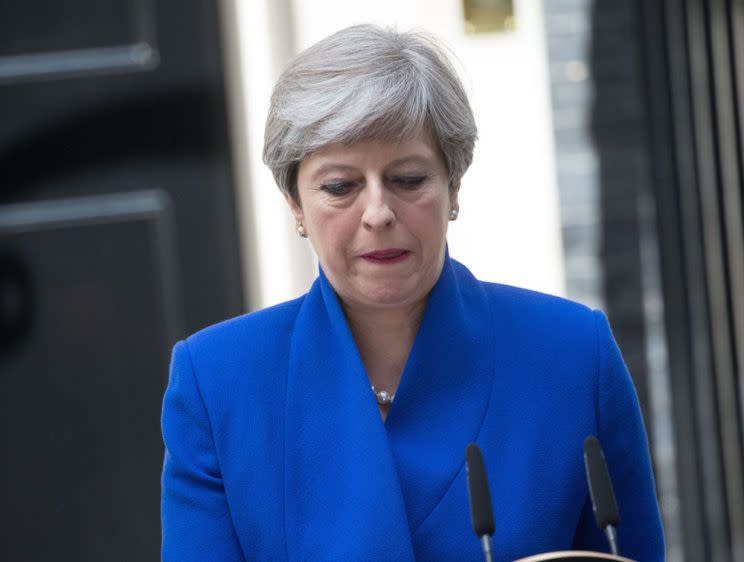Government 'tried to hide' evidence Britain will be more at risk of terror attacks after Brexit

The Home Office reportedly created an unpublished document that extensively revealed how Britons could be facing a heightened risk of terrorism after Brexit.
According to The Times, the paper was drawn up with help from M15 and M16 officials who warned that leaving the EU would potentially make the UK less secure from threats of ‘terrorism, criminality and illegal migration’.
The 49-page document was reportedly leaked to the newspaper, but was never published after it was dropped in a row over campaign tactics.
It is claimed that the document was overseen by Theresa May, despite the Prime Minister repeatedly insisting that Brexit will not lead to a significant reduction in homeland security.
It was initially created to support the government’s support for the Remain campaign in the EU referendum, and starkly warned that inter-continental security operations between the UK and Eu could be ‘less effective’ if Britain chose to leave.
MORE: EU could retain fishing rights in UK waters after Brexit
MORE: The EU has the ‘upper hand’ in Brexit negotiations, says George Osborne
‘Co-operation with EU countries would continue if the UK were to leave the EU. But none of the tools for co-operation EU countries have available with countries outside the EU match the speed, efficiency, and cost-effectiveness of the tools that are available for co-operation between EU members’, the document stated.
Specifically, it also highlighted the Schengen Information System (SIS), a database that provides law enforcement alerts on wanted criminals and stated that it has ‘significant public protection benefits’.
Commenting on the revelations, Conservative MP and leading Brexiteer Jacob Rees-Mogg claimed that the EU would still want to maintain security co-operation with the UK, as it is mutually beneficial.
‘The UK has the closest security co-operation with countries outside of the EU and our expertise means we are a big contributor to the EU in this area’, he said.
‘It is in both our interests to maintain that. This is classic project fear of the lowest kind.’

 Yahoo News
Yahoo News 

